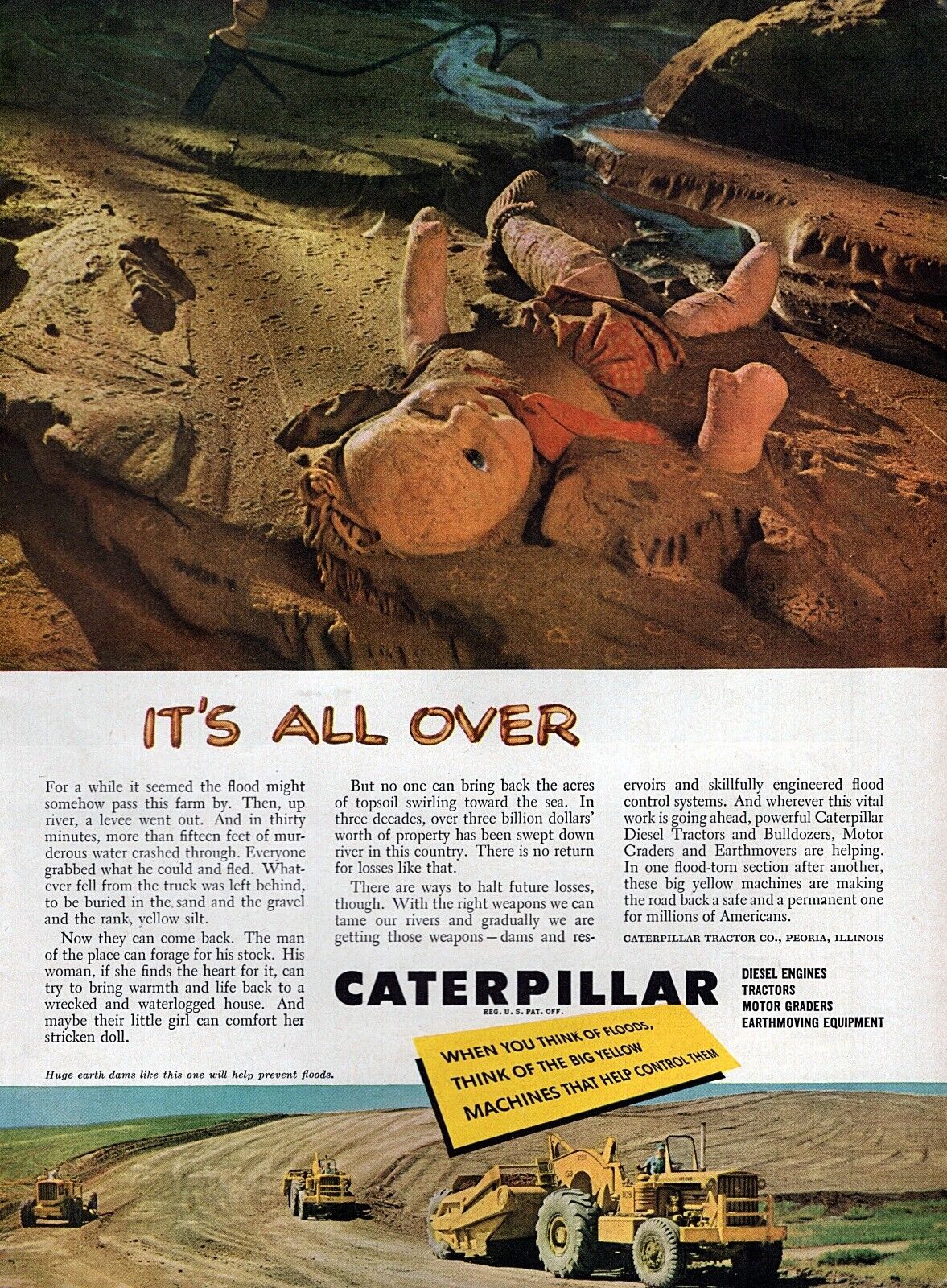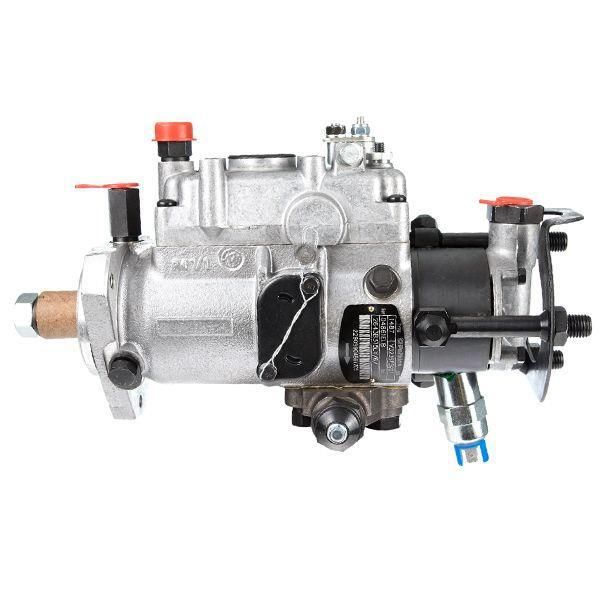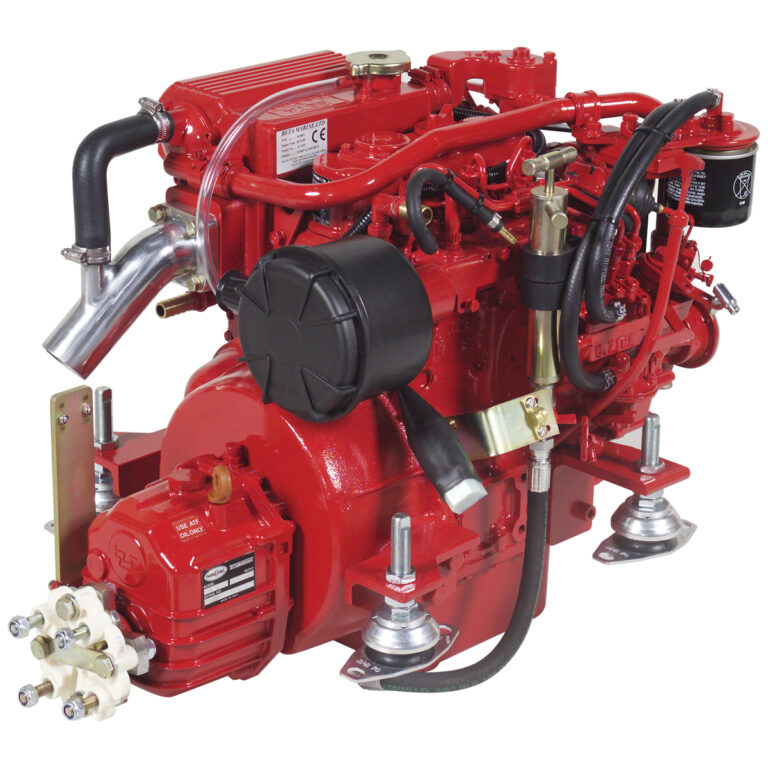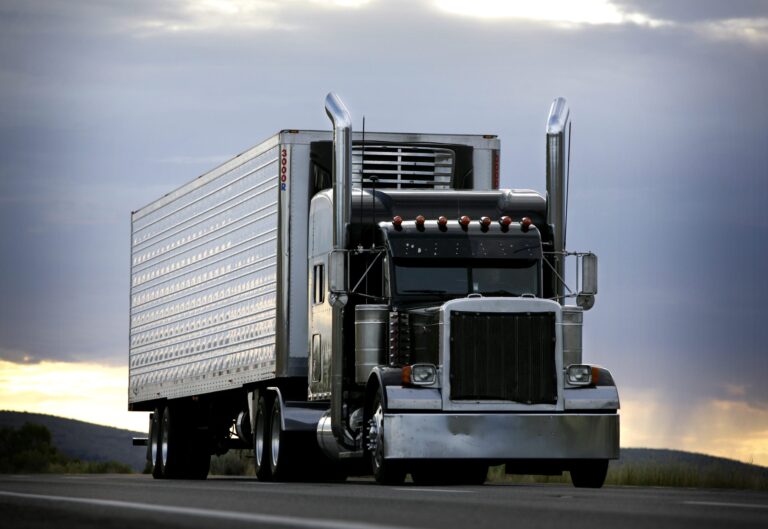Can You Flood Diesel Engine? Discover the Truth Behind Diesel Engine Flooding
No, you cannot flood a diesel engine by trying to start it. Diesel engines work differently than petrol engines and are not usually at risk of being flooded with fuel.
However, water can cause damage to diesel engines, as it can lead to rust, corrosion, and clogged fuel filters. It is important to address any water-related issues promptly to avoid further damage to the engine.
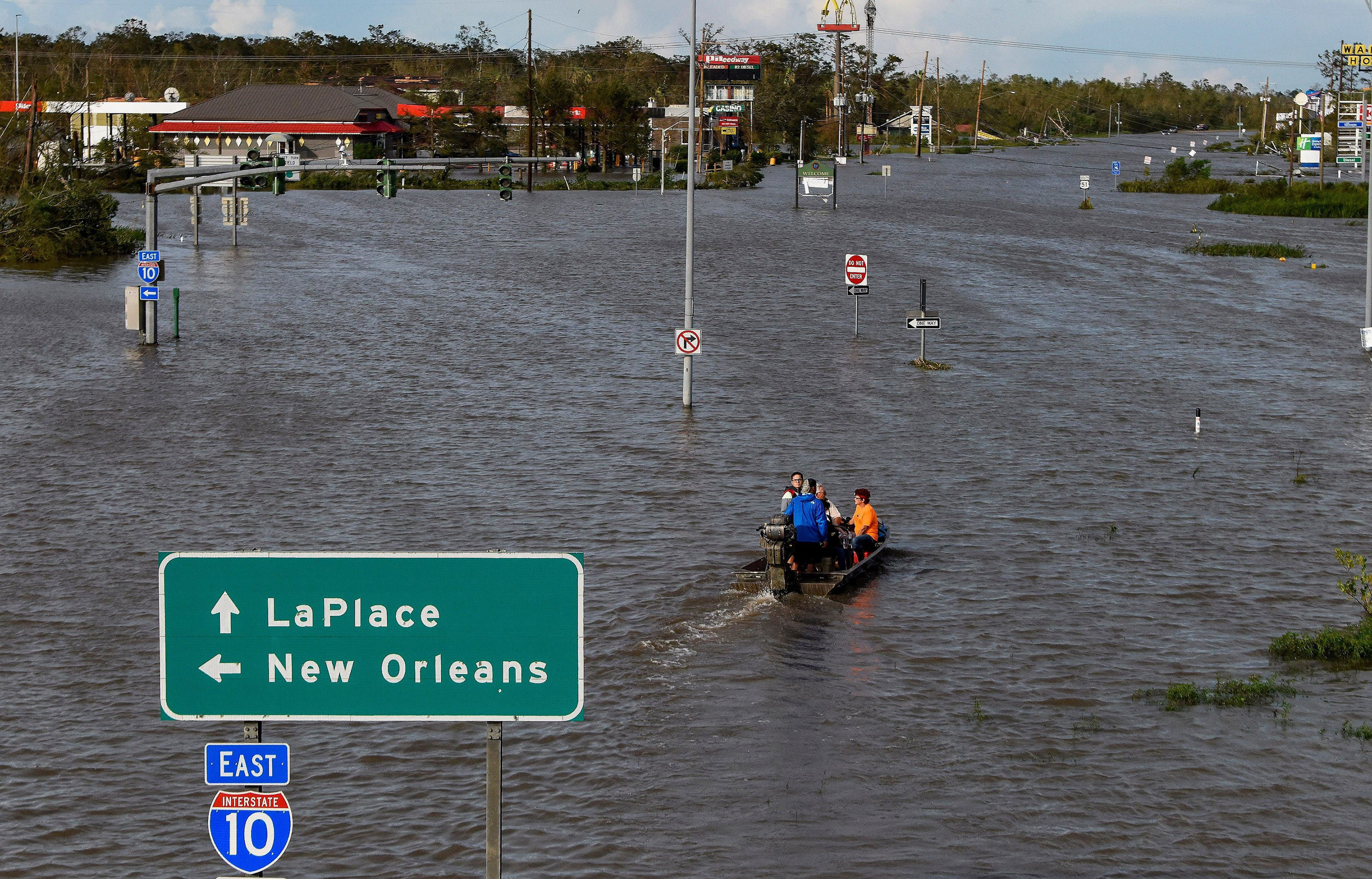
Credit: www.cnn.com
How Diesel Engines Work And Why They Are Less Likely To Flood
Diesel engines work differently from petrol engines and are less likely to be flooded with fuel. Unlike petrol engines, diesel engines cannot be flooded easily. They have a fuel injection system that regulates the fuel supply and prevents flooding. Additionally, diesel fuel has a higher flashpoint, which means it requires more heat to ignite. This makes diesel engines less prone to flooding.
The fuel injection system in diesel engines plays a crucial role in preventing flooding. It precisely controls the amount of fuel injected into the combustion chamber, ensuring the fuel-air mixture is optimal for combustion. This prevents excessive fuel accumulation that could lead to flooding.
Diesel fuel requires high compression temperatures to ignite. Unlike petrol engines, which use spark plugs, diesel engines ignite the fuel-air mixture through compression. This ignition process allows diesel engines to operate efficiently without risking flooding.
The compression ratio of a diesel engine plays a significant role in preventing flooding. Diesel engines typically have higher compression ratios compared to petrol engines. This means the air-fuel mixture is compressed more before ignition, reducing the likelihood of flooding caused by excessive fuel.
The Signs And Symptoms Of A Flooded Diesel Engine
One of the signs and symptoms of a flooded diesel engine is a strong smell of petrol near the exhaust. This indicates that there might be excess fuel in the engine. Another sign is black smoke coming from the exhaust, which is caused by incomplete combustion of fuel. Additionally, a flooded diesel engine may fail to start or start but quickly die. This can be frustrating as it prevents the engine from functioning properly. Lastly, if you hear a fast cranking or whirring sound during ignition, it could be a sign of a flooded diesel engine. These signs and symptoms can help you identify if your engine is flooded and in need of attention.
The Effects Of Water On Diesel Engines And How To Prevent Damage
Water causes damage to both fuel tanks and engine parts in diesel engines. One of the main effects is the formation of rust and corrosion in fuel tanks and engine components. This can lead to the production of hard particulate that is passed along in the fuel, eventually causing engine wear. The presence of water in diesel fuel systems also causes steel and iron components to rust, resulting in loose particles of iron oxide that can quickly clog fuel filters. Additionally, water in the fuel can lead to engine wear caused by hard particulates.
To prevent water damage in diesel engines, it is crucial to take preventive measures. Regularly inspecting and maintaining fuel tanks for signs of rust or corrosion is essential. Installing proper water separators and fuel filters can help remove water from the fuel system. Additionally, keeping fuel tanks full to prevent condensation and using water-detection kits can help identify water contamination in the fuel. By taking these precautions, you can minimize the risk of water damage and ensure the smooth operation of diesel engines.
Frequently Asked Questions Of Can You Flood Diesel Engine
Can You Flood A Diesel Engine Trying To Start It?
No, you cannot flood a diesel engine trying to start it. Diesel engines are different from petrol engines and are not usually at risk of being flooded with fuel.
How Do I Know If My Diesel Engine Is Flooded?
You can identify if your diesel engine is flooded by looking for these signs: a strong smell of petrol near the exhaust, black smoke coming from the exhaust, the engine not starting or starting and quickly dying, and fast cranking or a whirring sound when you turn the key.
Diesel engines are not usually at risk of being flooded with fuel like petrol engines.
Will Water Ruin A Diesel Engine?
Water can cause damage to both the fuel tanks and engine parts in a diesel engine. It can lead to rust and corrosion in the tank, creating particulate matter that can cause engine wear. Additionally, water presence in the fuel system can lead to clogged fuel filters.
What Happens To Diesel When Water Gets In?
When water gets into diesel, it causes rust and clogs fuel filters due to iron oxide particles. Diesel engines are not usually at risk of being flooded with fuel like petrol engines. Water also damages fuel tanks and engine parts, leading to corrosion and engine wear.
Conclusion
While it is possible for a diesel engine to be flooded, it is not a common occurrence. Diesel engines operate differently than petrol engines and are less prone to flooding. However, if water does enter the engine, it can cause significant damage to both the fuel system and engine components.
Signs of a flooded diesel engine include a strong petrol smell, black smoke from the exhaust, and difficulty starting or stalling. If you suspect your diesel engine is flooded, it is important to address the issue promptly to prevent further damage.

